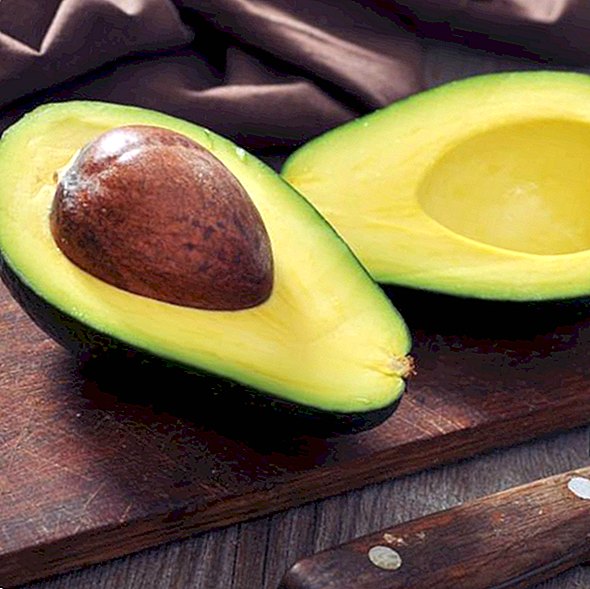4 superfoods that are bad for the environment

Flip side of tofu, soy milk and Co.
Those who want to live without flesh often turn to the substitute product soy. There's nothing wrong with that. Unfortunately, soy is not the environmentally friendly alternative to meat consumption that we would like. Because: The global acreage of the bean amounts to according to WWF meanwhile 110 million hectares, for which valuable rainforests and rare savannas in South America are destroyed. The large-scale clearances cause 15 percent of all greenhouse gases!
Incidentally, only a small proportion of the soybean harvest is processed into food at all, and much of it is used for animal feed? and thus meat production.
Consequences of the avocado hype
The avocado is more popular than ever, in the growing country number one? Mexico? However, the boom leads to the illegal deforestation of rainforests. But not only the clearing has problems, but also the use of pesticides and the associated pollution of the local drinking water. In addition, avocado monocultures require about twice as much water as the coniferous forests common in Mexico? Specifically, about one kilo of the coveted fruit needs about 1000 liters of water. By comparison, one kilo of tomatoes only needs 130 liters of water.
Coconut oil? an alternative to palm oil?
Coconut oil is referred to as the "wonder drug" among the oils. It is considered to be extremely healthy and should even make you lean thanks to its ingredients. That sounds wonderful, but from an ecological point of view, coconut oil is not much better than palm oil. The reason: Coconuts do not come from Europe, but come from the tropics. The 30-fold increase in demand over the past four years requires more land, which in turn leads to the deforestation of the rainforest. In addition, the transport of the oil causes enormous CO2 emissions.
Quinoa, the miracle grain of the Incas
Quinoa has many health benefits? and can truly be called superfood. However, in its countries of origin (Bolivia and Peru), the power grain is produced almost exclusively for export. In the domestic markets, the price has risen by 87 percent. The large plantations of the companies also displace the traditional terrace construction of many small farmers who can not stand the competition, writes the WWF. Reason enough to reconsider his quinoa consumption ...










